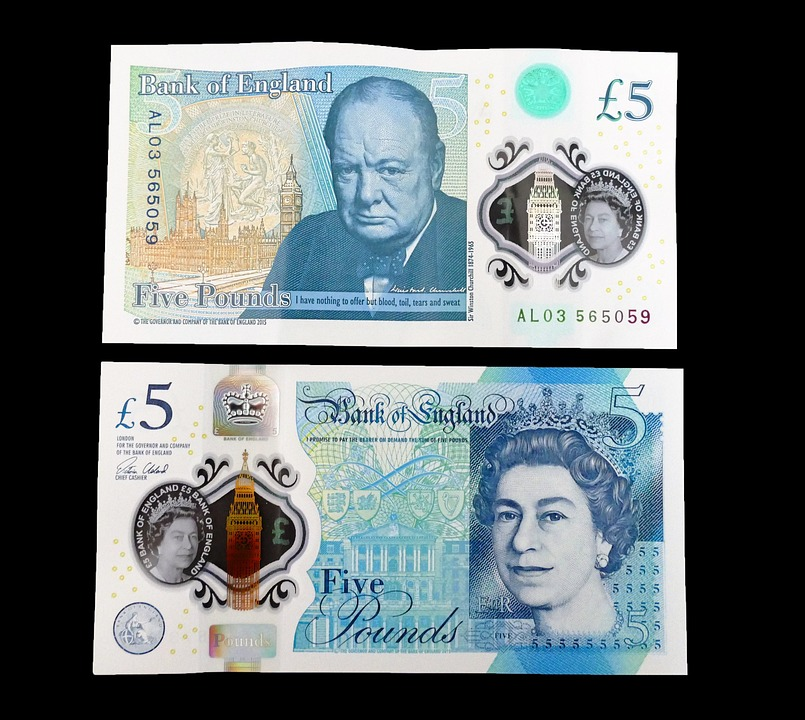DECLINING UK ECONOMY
DECLINING UK ECONOMY
How the UK become one of Western Europe's poorest nations. Electricity costs are skyrocketing. The rate of national inflation has surpassed ten percent. The longest-reigning monarch of Britain has passed away. Prime Minister with the shortest tenure has resigned. Quite likely, you already knew all of that. American media frequently (some could even say frequently enough) cover British news. Nevertheless, the broader story of decades-long economic failure that lies beneath the shocking headlines contains important lessons for the future. This catastrophe had been coming for years. Britain's economy expanded less quickly than that of a large portion of continental Europe after World War Two. By the 1970s, there was a national discussion in Britain about why they were lagging behind and how the previous empire had turned into a largely passive and isolated economy. During Margaret Thatcher's leadership in
Markets were deregulated, unions were destroyed, and the financial sector rose to prominence as a crown jewel of the British economy under Margaret Thatcher in the 1980s. Although Thatcher's introduction of neoliberalism had a number of intricate side effects, the British economy surged ahead from the 1990s into the 2000s, with London's financial boom setting the pace. Britain, which became wealthy in the 19th century as the world's factory, had evolved into the world's banker by the 21st. The 2008 global financial crisis struck hard, severing Britain's economic growth engine. The British government implemented an austerity programme out of concern for escalating deficits rather than for productivity or overall demand. The outcomes were terrible. For six years in a row, real earnings decreased. facing what author Fintan O'Toole referred to as
provided to
A frightening list of outsiders was presented to fearful voters, including Brussels bureaucrats, immigrants, and asylum seekers—anyone but the real decision-makers who had crippled British competitiveness.
A group of middle-aged, elderly people who were terribly sentimental desired Brexit, and they got it.
The British economy has chosen finance over industry during the past 30 years, the British government has chosen austerity over investment, and the British people have chosen a closed, poorer economy over an open, richer one.
Falling wages and startlingly slow productivity growth are the predictable outcomes. The truth is more in line with the reverse, despite the concern in the British media about robots taking over the world's jobs. "Between 2003 and 2018, the number of automatic-roller car washes (i.e., machines that wash your car) decreased by 50%, while the number of hand car washes (i.e., people who wash your car) increased by 12%.

Comments
Post a Comment